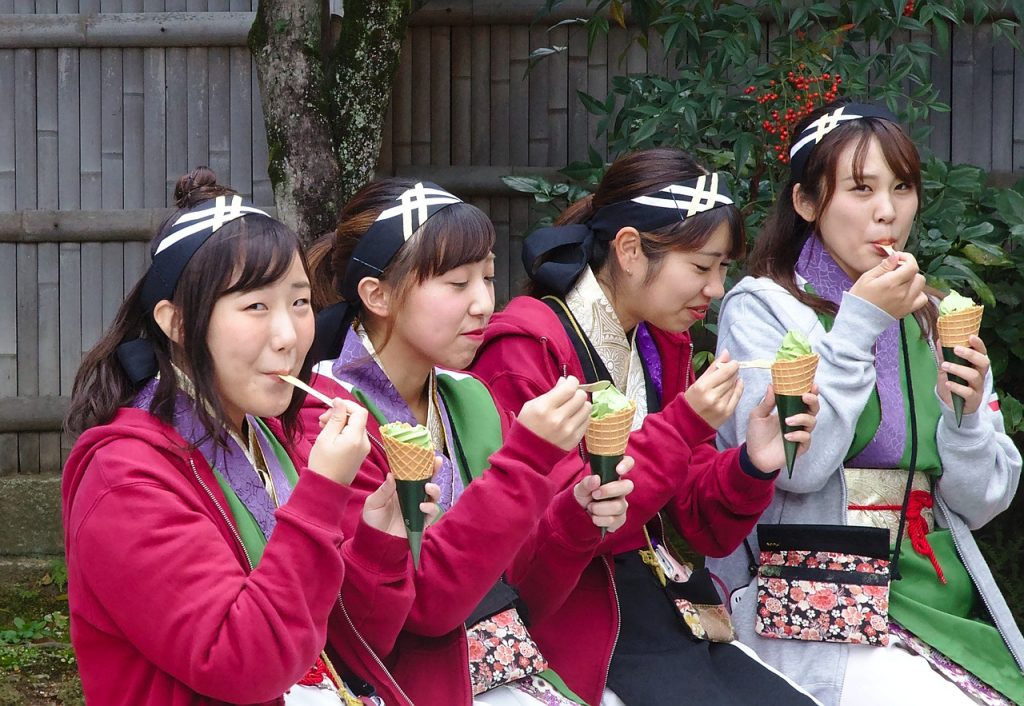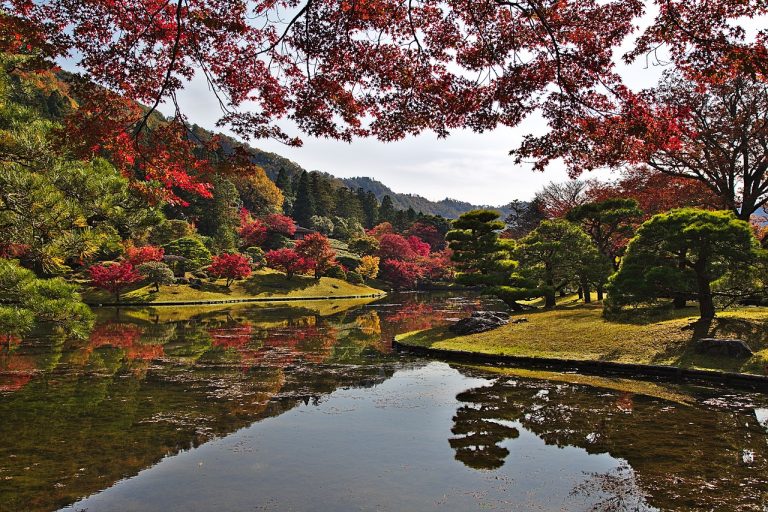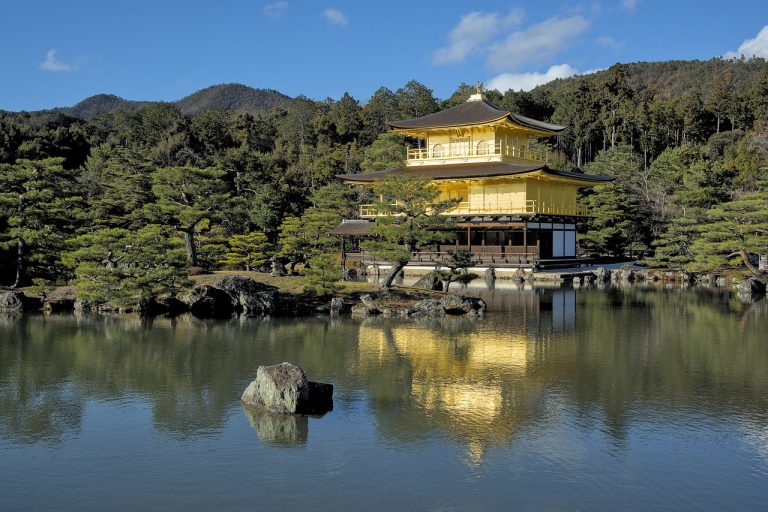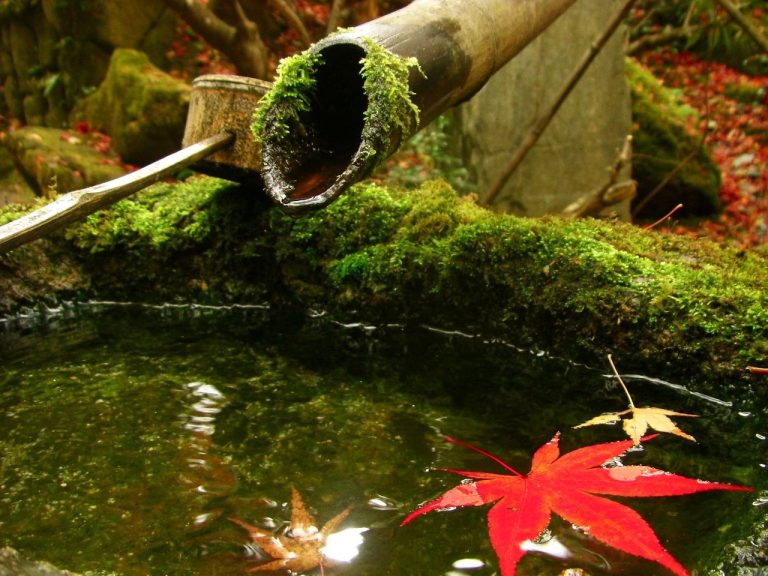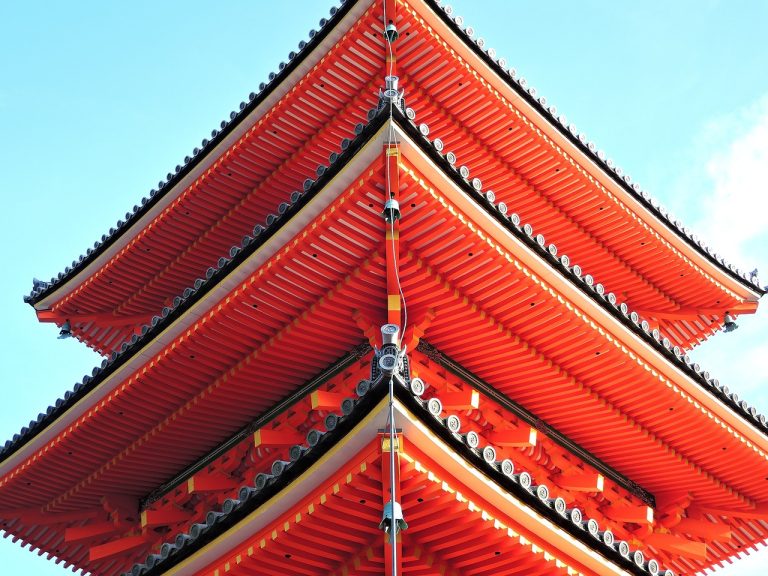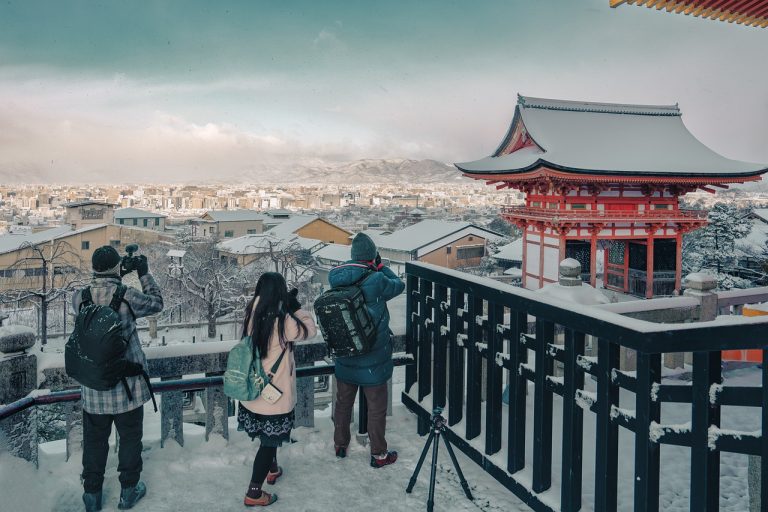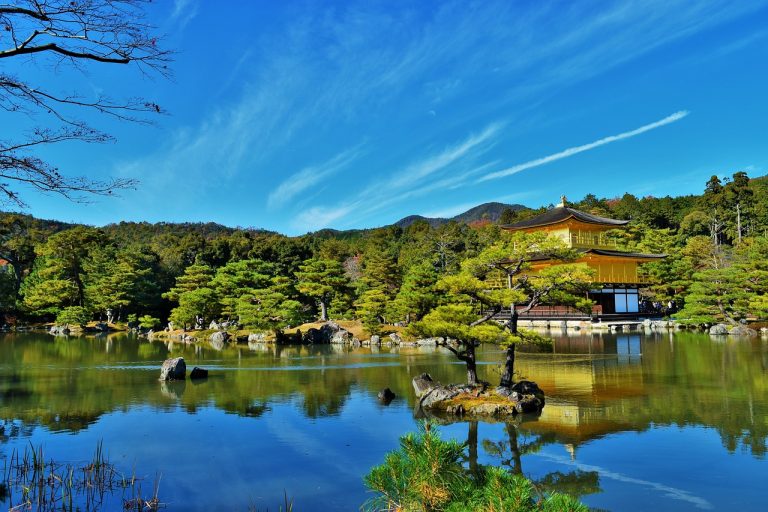Kyoto Japan Video
Eco-friendly Accommodations: Green Hotels in Kyoto Japan
When it comes to sustainable travel, Kyoto, Japan, offers a range of eco-friendly accommodations that allow visitors to enjoy their stay while minimizing their environmental impact. These green hotels prioritize sustainability by implementing various practices, such as energy conservation, waste reduction, and the use of environmentally friendly materials. By choosing to stay in one of these eco-conscious establishments, travelers can contribute to the preservation of Kyoto’s natural beauty and cultural heritage. Let’s explore some of the top green hotels in Kyoto.
1. Kyoto Green Hotel
- Energy-efficient practices: Kyoto Green Hotel utilizes energy-efficient lighting, appliances, and HVAC systems to minimize energy consumption.
- Waste reduction: The hotel promotes waste reduction by implementing recycling programs and offering guests reusable water bottles and toiletries.
- Locally sourced amenities: The hotel sources amenities, such as toiletries and linens, from local suppliers, reducing transportation-related carbon emissions.
Kyoto Japan Image 1:
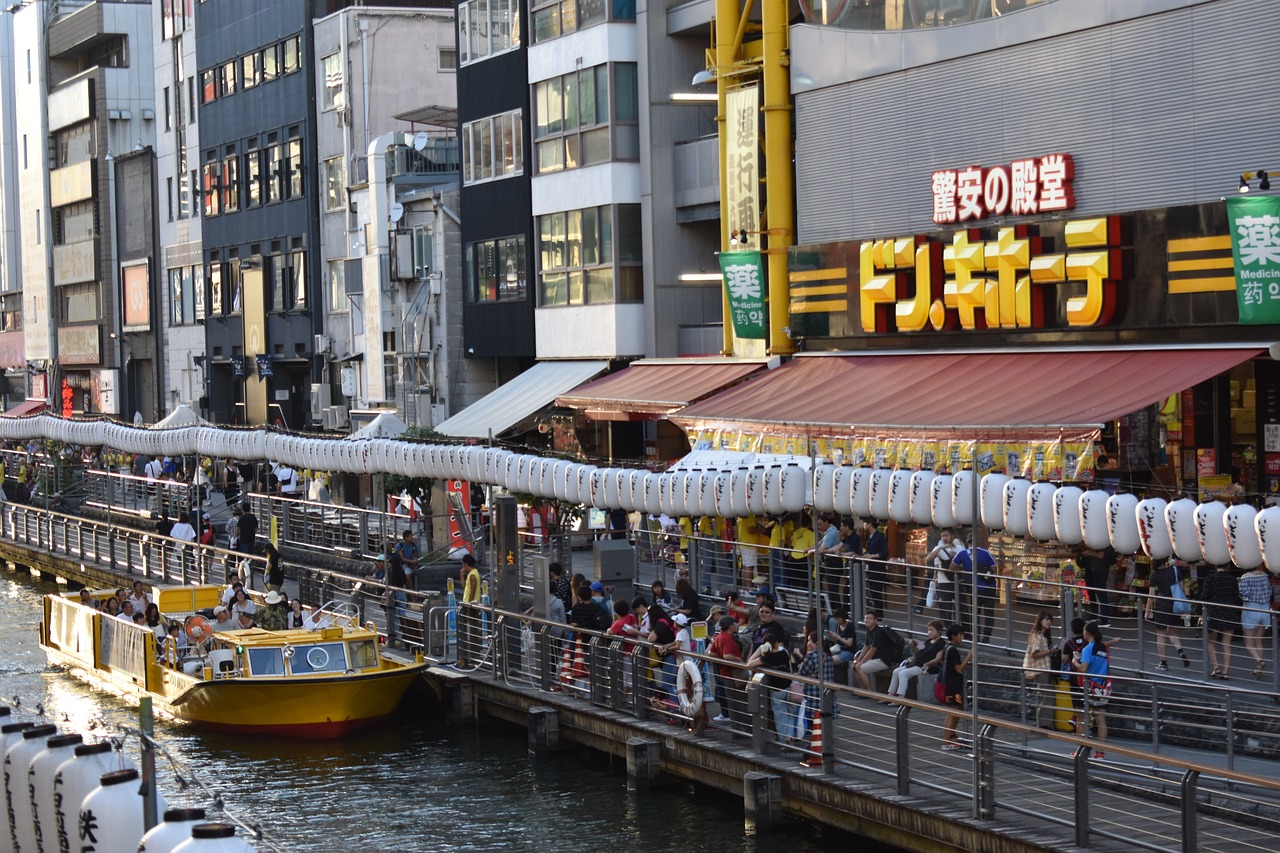
2. Bamboo Eco-Stay
- Sustainable architecture: Bamboo Eco-Stay features a unique design that incorporates bamboo as a primary building material, known for its sustainability and renewability.
- Organic farm-to-table dining: The hotel offers organic meals prepared with locally sourced ingredients, reducing the carbon footprint associated with food transportation.
- Water conservation: Bamboo Eco-Stay implements water-saving measures, such as low-flow showers and toilets, and encourages guests to reuse towels and linens.
3. Sakura Garden Resort
- Renewable energy: Sakura Garden Resort generates a portion of its energy through solar panels and utilizes energy-efficient systems throughout the property.
- Native landscaping: The resort incorporates native plants in its landscaping, reducing the need for excessive watering and chemical-based maintenance.
- Community engagement: Sakura Garden Resort supports local environmental initiatives and encourages guests to participate in community-based conservation activities.
Kyoto Japan Image 2:
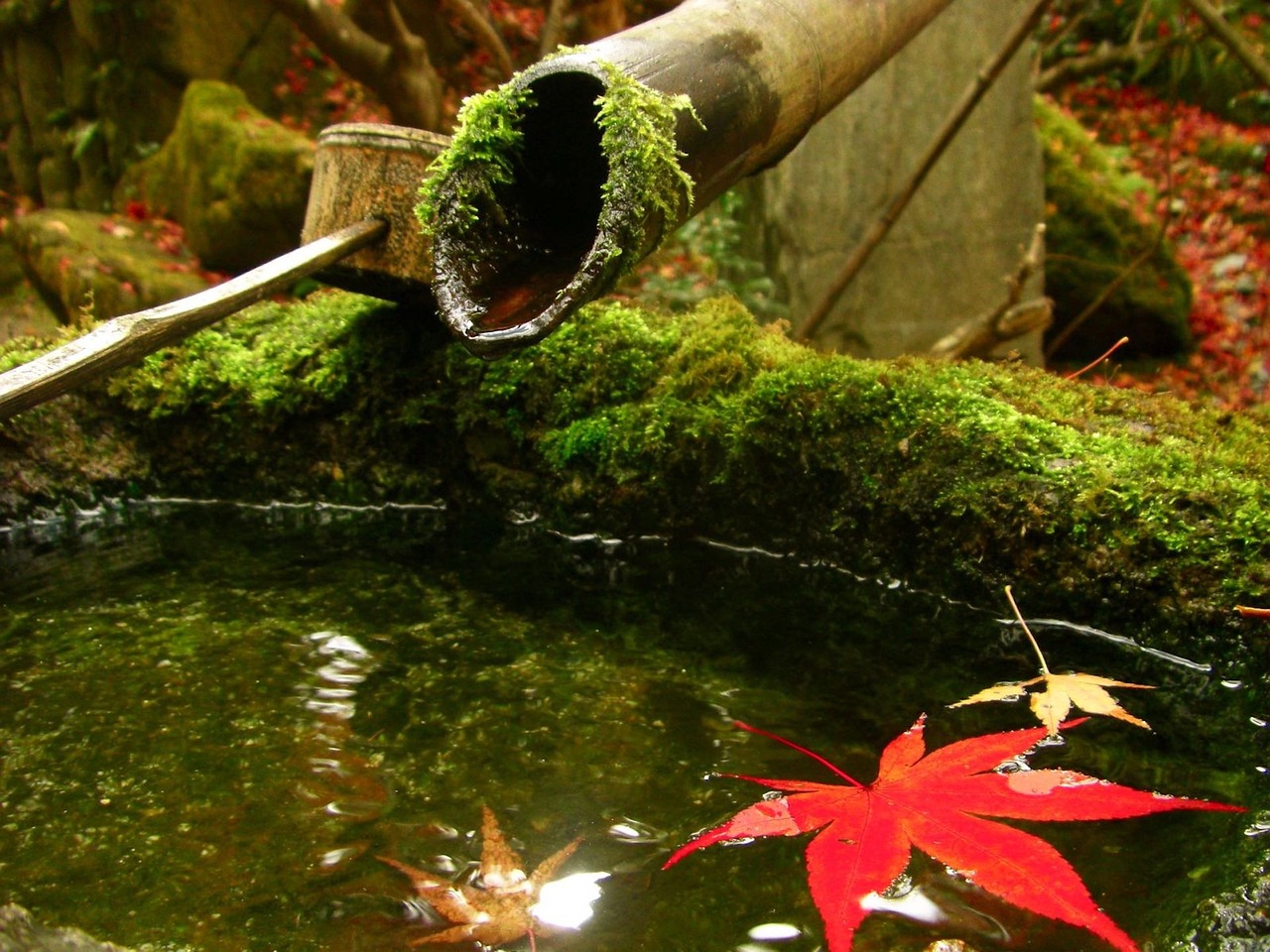
4. Green Leaf Hotel
- Green building certification: Green Leaf Hotel is certified by recognized green building standards for its sustainable design, construction, and operation.
- Efficient water management: The hotel implements water-saving technologies, such as rainwater harvesting systems and water-efficient fixtures, to minimize water consumption.
- Local community support: Green Leaf Hotel actively engages with the local community, supporting local businesses and contributing to environmental education programs.
5. Eco Zen Ryokan
- Traditional eco-friendly practices: Eco Zen Ryokan combines traditional Japanese hospitality with sustainable practices, such as natural ventilation and the use of organic materials.
- On-site garden: The ryokan features an on-site garden where guests can learn about traditional gardening techniques and enjoy locally grown produce.
- Cultural preservation: Eco Zen Ryokan actively promotes and preserves Kyoto’s cultural heritage, offering guests an authentic and sustainable experience.
Kyoto Japan Image 3:
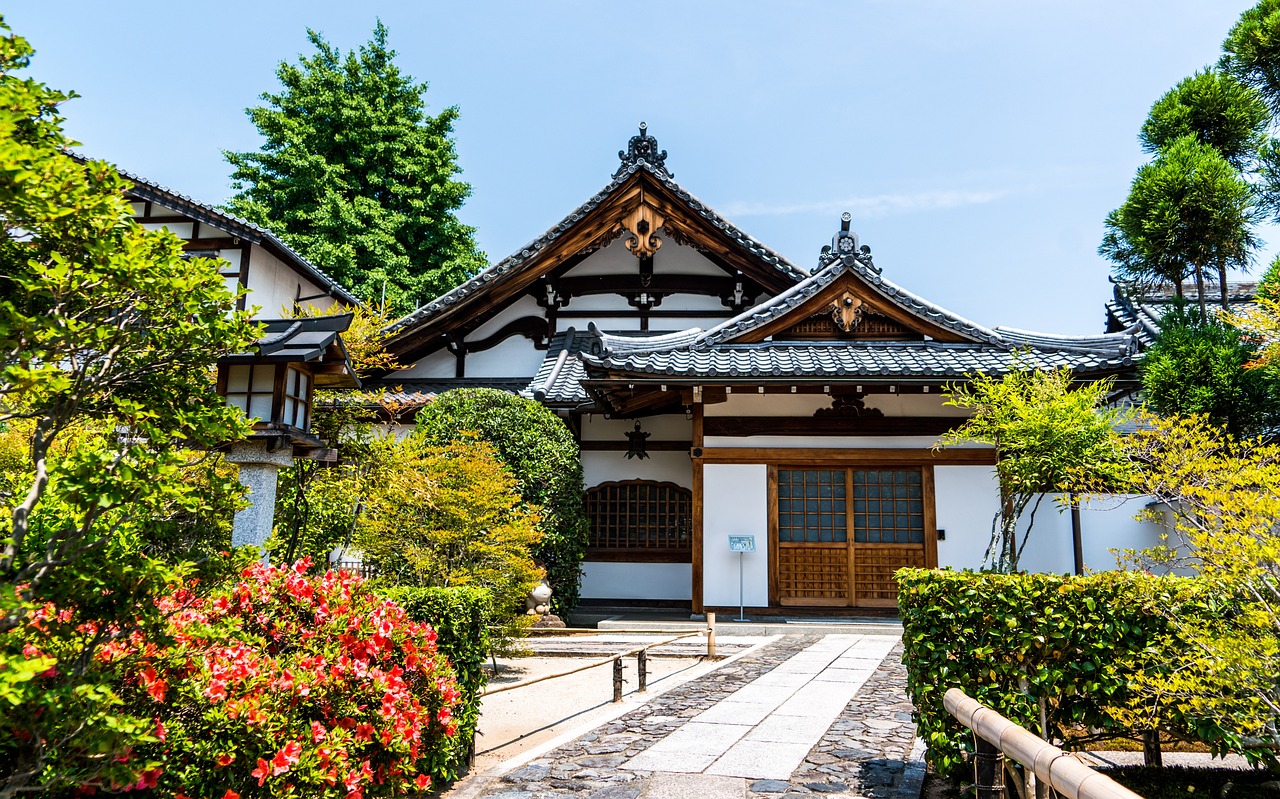
By choosing to stay in one of these eco-friendly accommodations, travelers can enjoy the beauty of Kyoto while supporting sustainable tourism. These establishments provide a unique opportunity to experience the city’s rich cultural heritage while minimizing the environmental impact of their stay.
References:
- kyoto.travel
- kyotogreenhotel.jp
- bambooecostay.com
- sakuragardenresort.com
- greenleafhotel.com
- ecozenryokan.com

